Khabar Khair (Only Good News) – Dr. Nuha Nasser
Women in rural areas of Yemen wake up at the crack of dawn, to get ready to go to the valleys and mountain paths to start harvesting sorghum, millet, and fine sorghum, while chanting:
O God, make it everlasting the millet and the corn already standing
O Lord, bless this cropland drive away worry among our loved ones
The morning has come and the night has gone
and the wolf and the goat are already cousins
Growing grain crops usually takes from 110 to 120 days in Yemen, where these crops are grown in the summer, a time anxiety and fear of late rains, which may result in a setback for the grain growing season.
In Yemen, people wait for the end of the summer season to start harvesting different types of grain. Agriculture is one of the important pillars of supporting Yemeni economy, as most of the rural population lives depending on agriculture, which provides families with food for three to six months.
Yemeni women in rural areas are the focus of agriculture, and they are the pioneer of development, as they supervise and participate in planting grains starting from the very first step which is growing grains, until harvesting, collecting, and storing grains.
“O God, make it everlasting.” With these words called (Mhajel) harvest homes, voices of the women can be heard everywhere in the valley at sunrise, and those harvest homes are sung at a faster pace by older women’s voices, and the rest repeat after them, and with their voices they sing different (muhajil) harvest homes until they reach, “Her Bu came the night.” (Night is approaching), and this part comes as a warning to the women to hurry up while harvesting and announce that the harvest will be gathered before nightfall, and they’ll finish what they have started next morning until they finish harvesting the whole crop.
Hamama sings loudly as the leader of the harvest team of women and children who cheerfully accompany their mothers:
O God, make it everlasting the millet and the corn already standing.”
with this harvest home, female farmer Hamama calls on women to start harvesting the millet and gharb (a type of grain grown in Yemen), while indicating the rest of the grains will be harvested later, such as sorghum and maize.
Hamama told Khabar Khair (Only Good News) “We are happy that we came to the end of this season of this year with the continuing rains that doubled the production of different crops that will cover our need of food for more four months”.
Hamama adds: This year’s harvest was excellent compared to last year’s crop and the year before. Hamama and her friends have been working in agriculture for almost fifty years, and the girls of different ages from the village go with them, who will later take over harvesting, and one of them will be the leader of the women and her voice will be along the valley singing harvest homes.
Working in agriculture, even if it is hard, is not seen by rural women as a burden as it is the first pillar of family formation and has a major role in overcoming life’s hardships, especially since the country is experiencing recession in other areas.
Beside rural women farmers, men work in difficult jobs such as ploughing and building water dams to protect the lands from the impact of floods, men also move in different areas to work and make a living to meet the needs of their families.
On the other hand, women in rural areas follow up and take care of the planting, where they do all the work and turn over the soil after planting grows and take off the weak planting and keeping the strong planting until grain production, so that rural women take over harvesting. Which women do in October and November by the end of every year, and harvesting could be in an earlier time or at a later time of the year according to the agricultural areas by a very small difference.
Amna Abd al-Rab (housewife) who grows various types of grains and legumes such as sesame and beans, tells Khabar Khair (Only Good News): “Women in rural areas form emergency work teams during harvesting, depending on, the kinship relationship between them, and how close are the villages. In each village, families form a team or two to carry out harvesting, where the work is distributed among women, and the work is scheduled until the team finishes harvesting the grains of these villages. As for the women who do not own agricultural land, they help other women who own agricultural land, so that everyone in village could get his share of the grains of this land.
Since, families who harvested their grain crops give a part of it to the families who helped them in planting and harvesting.
Distributing grains to poor families or those who do not own agricultural land is one of the family solidarity programs in Yemeni society, and it has been a habit since ancient times. This type of solidarity does not stop at agricultural crops, moreover families also give away dairy products and give each other all year round.
Women kept talking , retrieving their memories in rural areas since they were girls in their fathers’ houses until today when they became grandmothers, and the land still accounts for all of their conversations telling me about the good decades that Yemen went through, when the monsoon rains used to fall in their time, and the land hides everything good within it , which is What happened this year and I hope it will continue happening in the following years.”
On the fifteenth of October every year, the world celebrates the International Day of Rural Women, and rural women considered in 2021 to be the key to a world free from hunger and poverty in2021.
Expressing its gratitude and stressing the important role played by rural women, the United Nations made the motto “rural women grow good food for all” in recognition of the importance of what rural women do and their fight against hunger and the key role they play in achieving the second goal of sustainable development, in addition to the fact that many of them An essential part of the informal economy, and at the same time they run houses and provide care with the same opportunities as men in rural areas.”
According to the United Nations, rural women produce the equivalent of “80% of food production in Asia and Africa, supporting the livelihoods of more than 2.5 billion people.”
Number of women working in the agricultural sector is estimated at one third of the world’s women, which means that rural women are an effective and active partner in the domestic economy, and therefore the role they play in this vital sector should be taken into consideration, especially since this sector reduces hunger in countries experiencing ongoing conflicts.
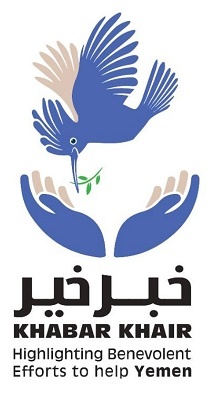
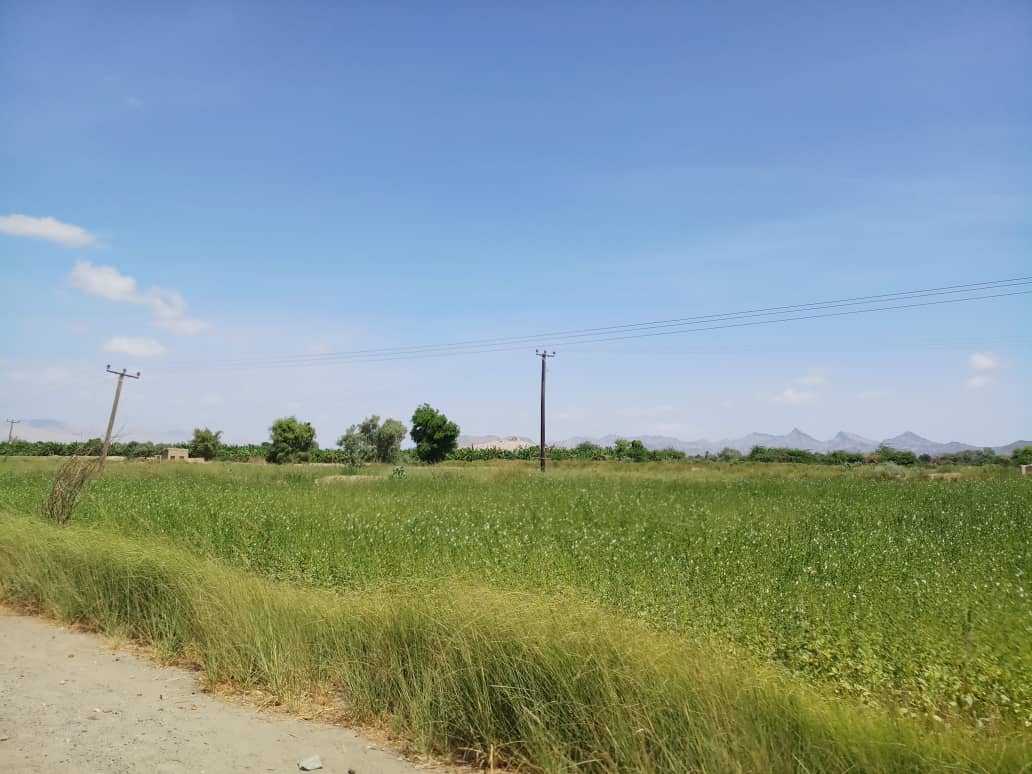

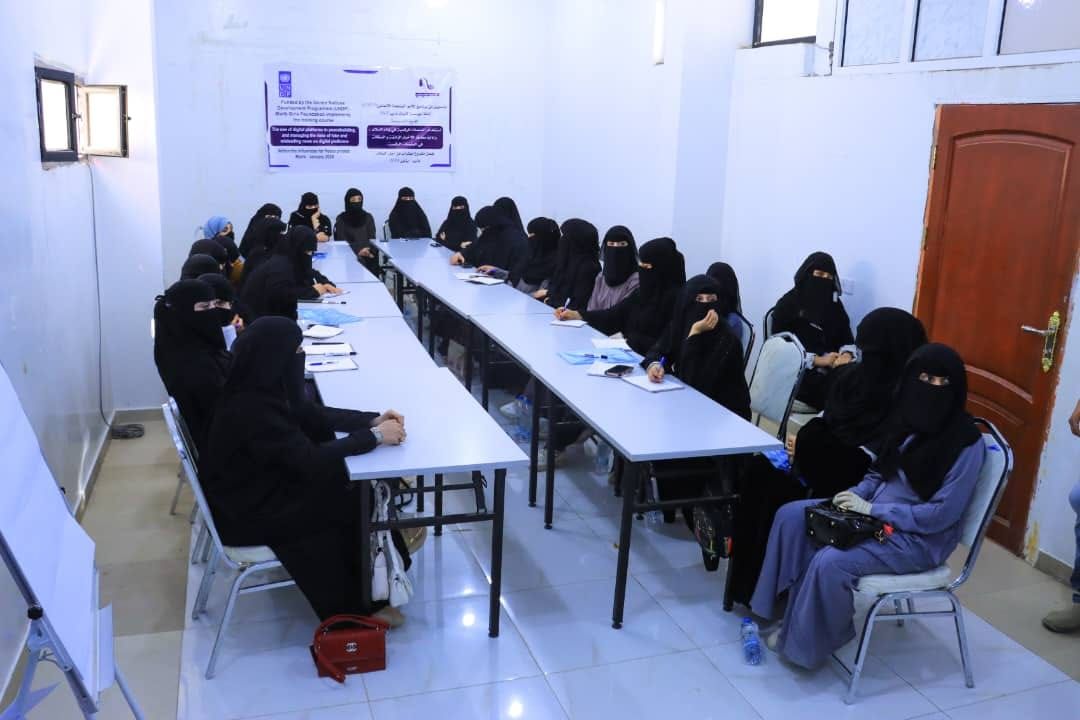
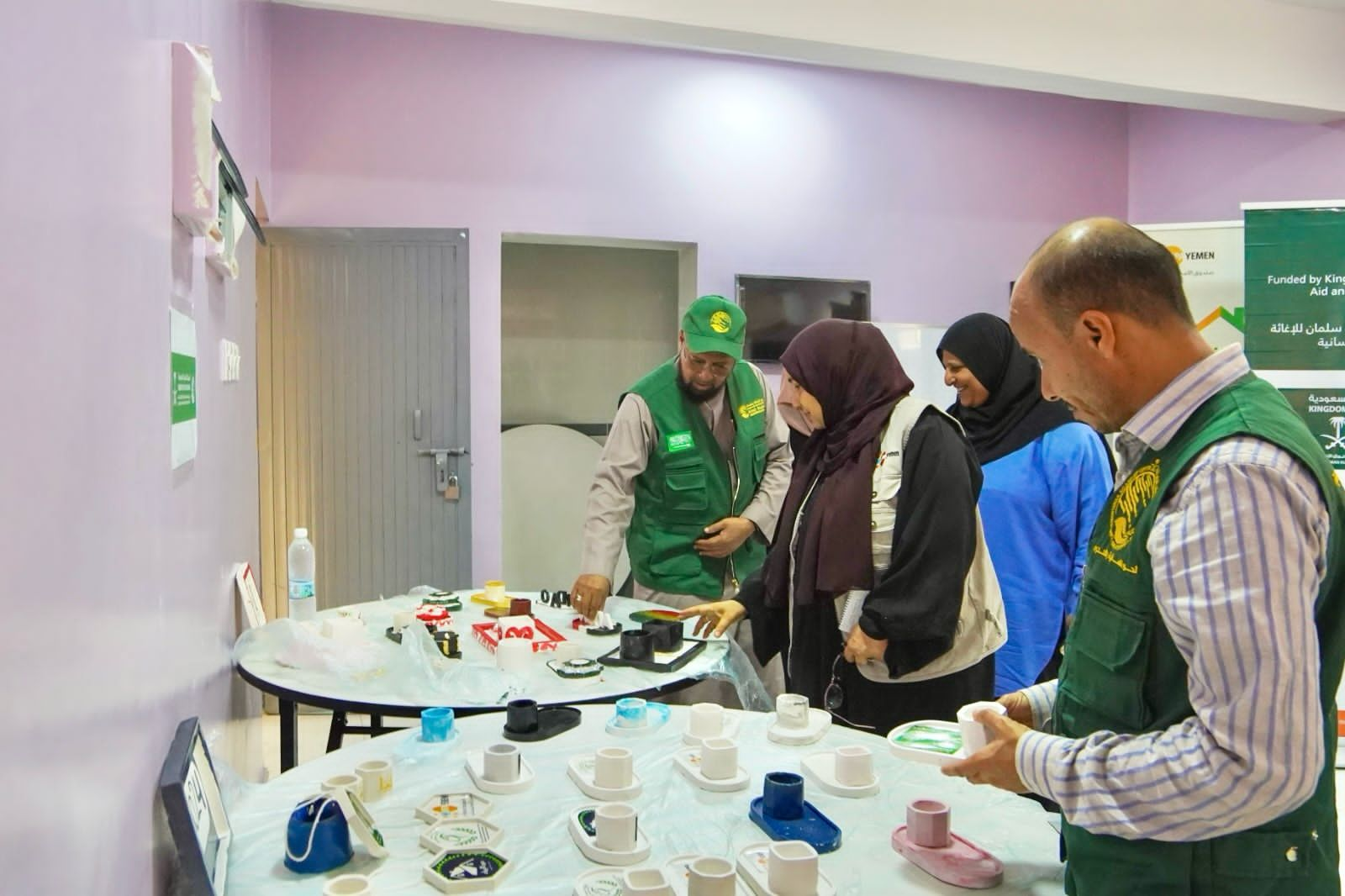
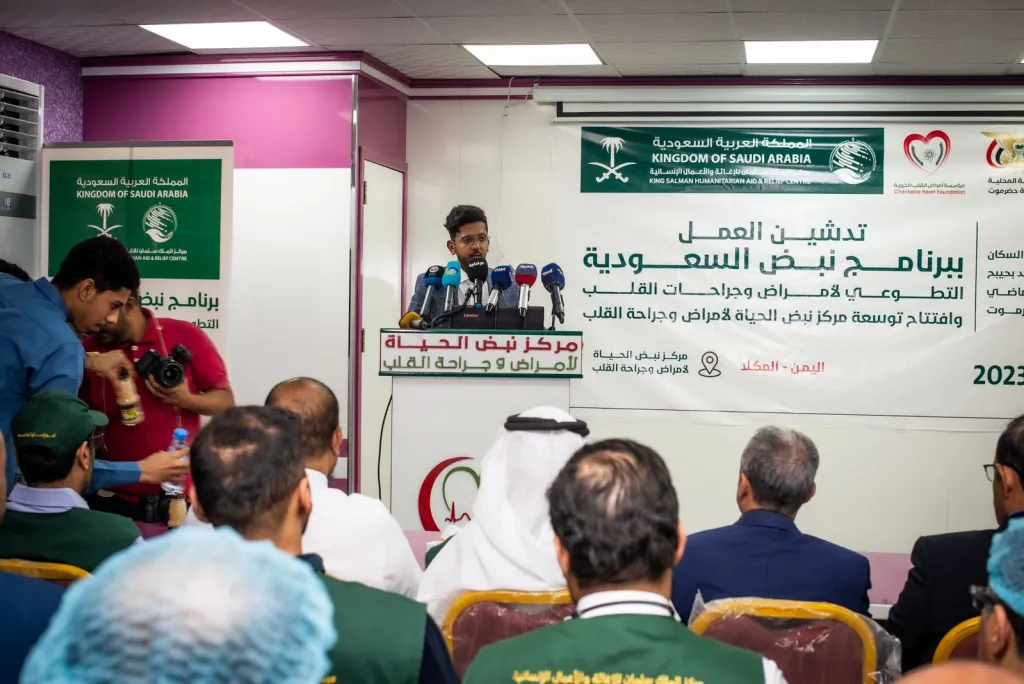
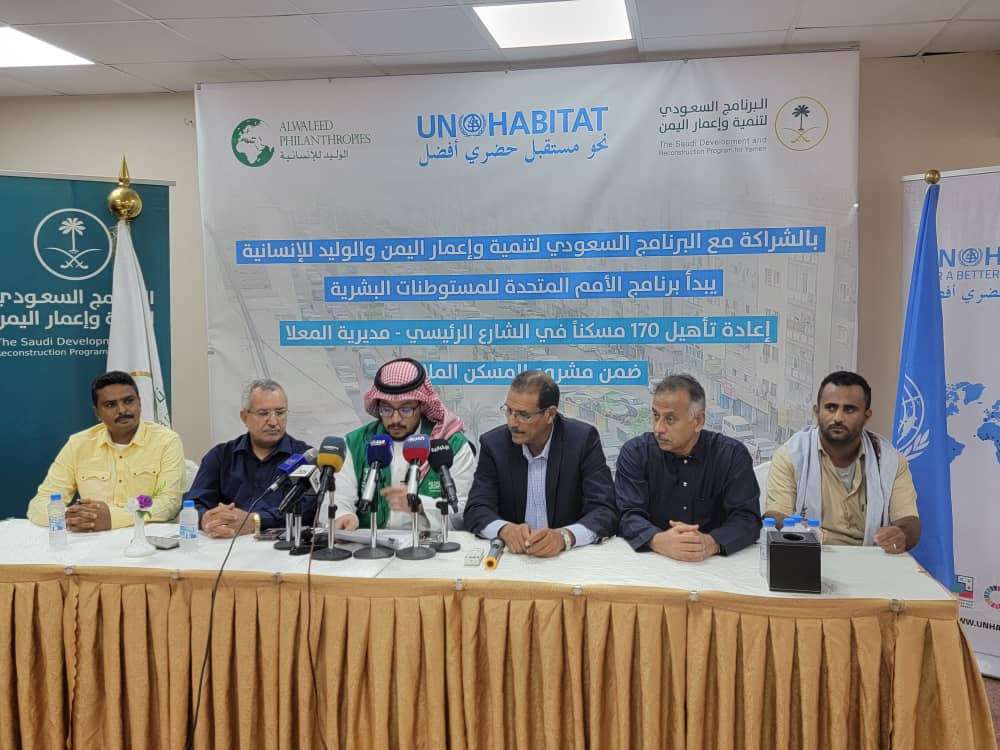
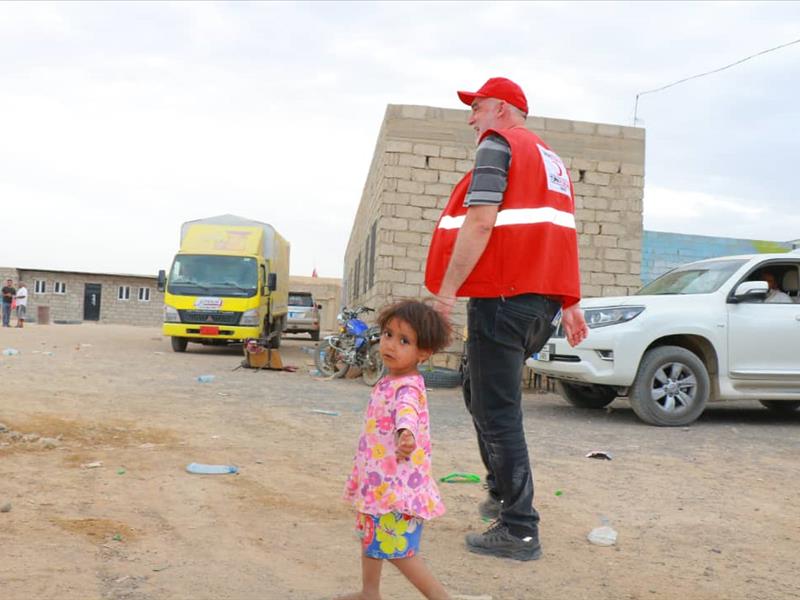
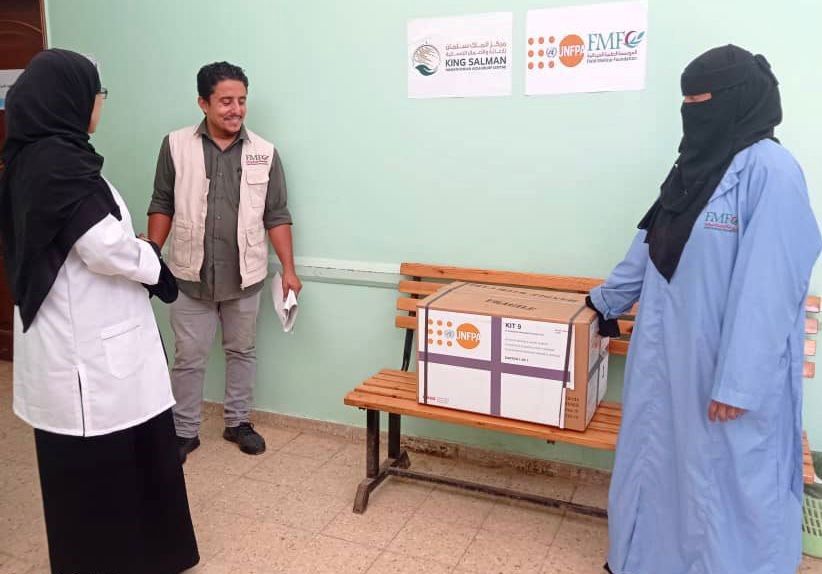

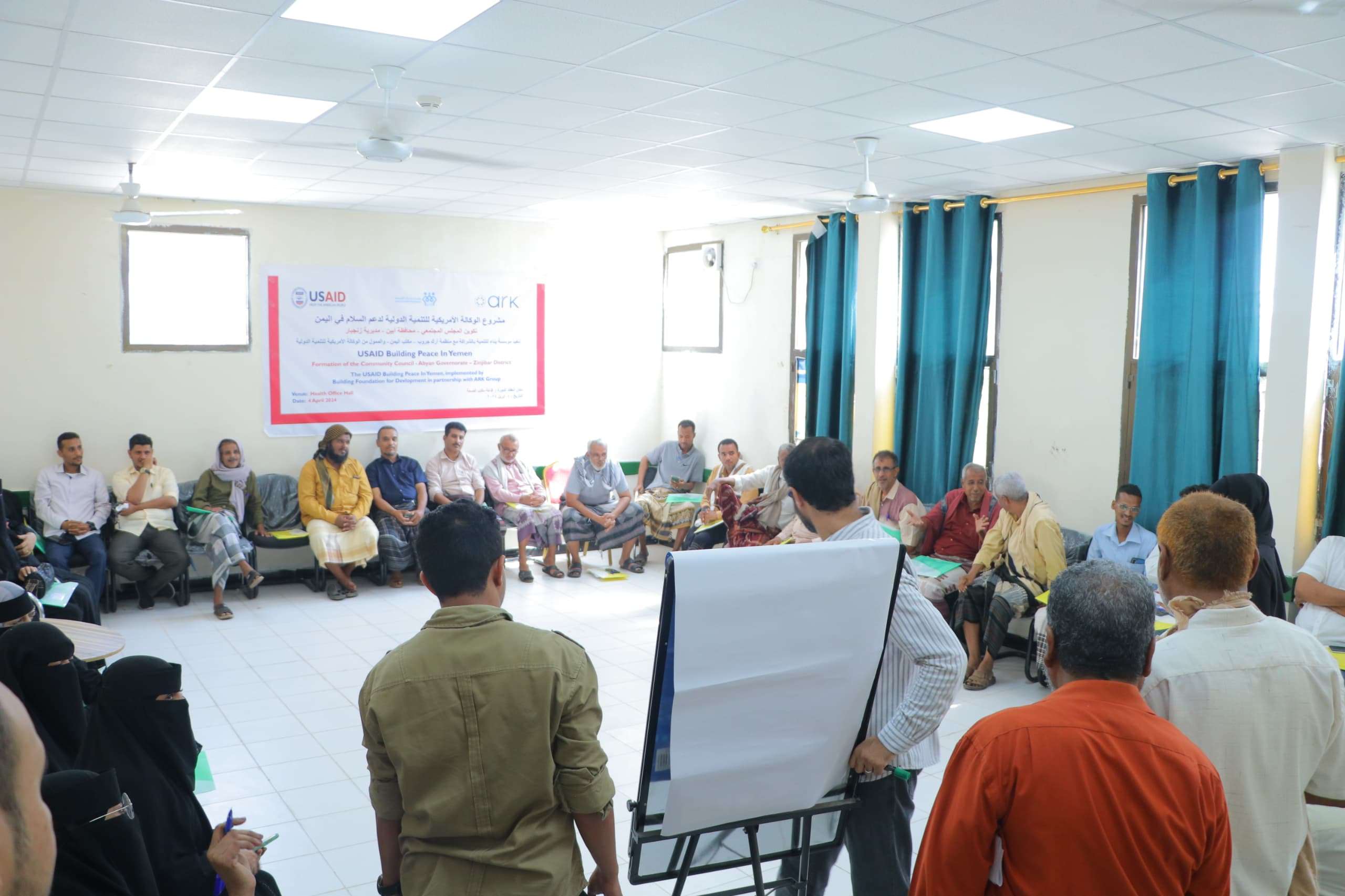

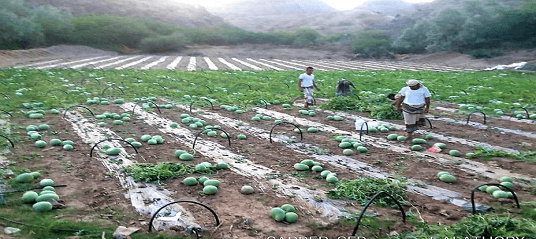
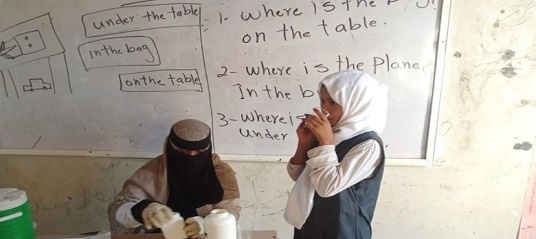
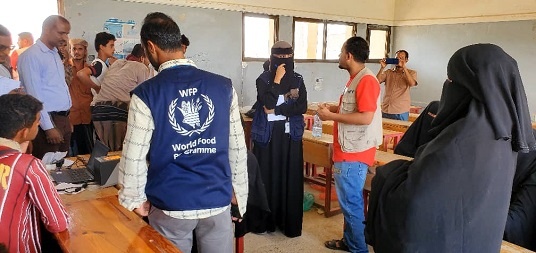
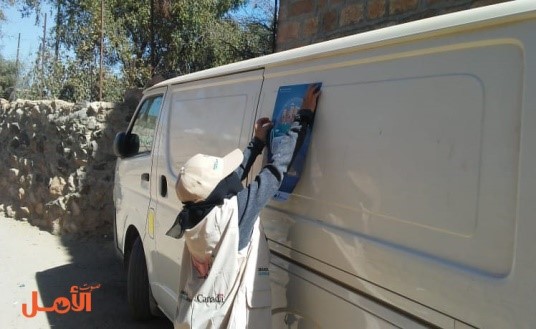
LEAVE A COMMENT